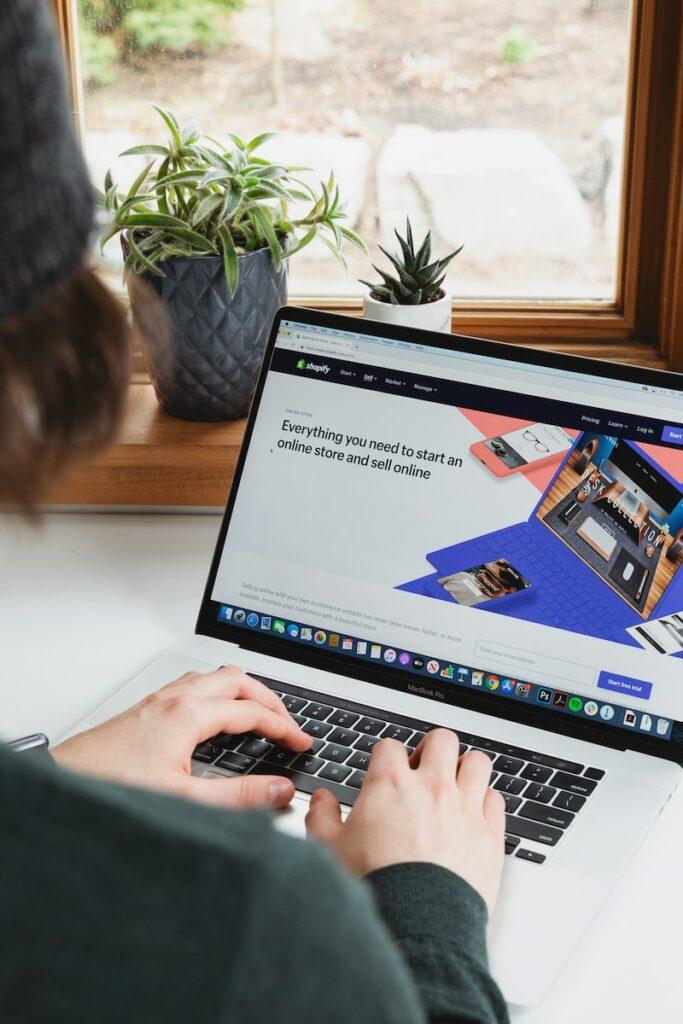Up until very recently, many advertisers saw Facebook Ads and Google Adwords as competitors. Even though the platforms are frequently depicted as competitors, this couldn’t be further from the truth in reality. Many business owners are combining the advantages of Google Ads and Facebook Ads to achieve maximum visibility, more sales and leads, and new customers by employing a variety of tactics that are compatible with the capabilities of each platform.
They are consequently seeing a remarkable return on their advertising investment. In this guide, we’ll look at what differentiates Google and Facebook Ads. Let’s find out which platform is best for your ads campaign.
Which Platform is Best for Your Advertising Campaign?
First you must have to know the basics about the Facebook and Google Advertising platforms. Then you have to consider the type of customers you need to reach with your ads, as well as your budget and planned creatives. Now get ready to summarizes the key differences between Facebook VS Google. And also, how do the ads achieve its purpose.
Purpose of Google AdWords and Facebook Ads
Costs
- Facebook: Set a daily, weekly, or monthly budget limit ranging from £5 to thousands of pounds.
- Google: Depending on keyword competition, prices range from £1 to several hundred per click.
Targeting
- Facebook: Targeting based on interests, profiles, behavior, first-party data, and other factors.
- Google: Using keywords or browsing behavior from Google apps.
Placements
- Facebook: Facebook’s newsfeed, videos, video feeds, marketplace, messenger, stories, and other features.
- Google: Search results on Google, shopping, website displays, and YouTube.
Intention of the Customer
- Facebook: Personalized ad campaigns are effective for all intents, including brand awareness and impulse purchases.
- Google: When searchers are almost ready to buy and know exactly what they want, this is the best time for sales.
Scaling
- Facebook: You can easily adjust your budget limit based on campaign performance.
- Google: Without a detailed strategy, PPC pricing makes it difficult to predict costs.
Creatives
- Facebook: Ideal for visually appealing visual content such as images and videos.
- Google: Select creatives based on placement options such as search, display, or shopping.
Google Ads vs Facebook Ads for Ecommerce
Both Facebook and Google advertising platforms are fairly simple to use. The other one is strategizing your ad content, budget, and targeting, but the general process of launching an ad campaign is simple.


How Facebook Ads Work?
To run ads on Facebook, you must have a verified business account. Assuming you’ve already done that, go to the ad manager and create a new campaign. Facebook will first inquire about the primary goal of your campaign, such as brand awareness, traffic, engagement, or sales.
Following that, Facebook will ask you questions about your ad’s placement, audience, and purpose. You have the option of A/B testing your ads or including dynamic content. Finally, you will create your ad creatives such as videos, images, and copy. Facebook has a brand library where you can keep content ready to save time.
At the bottom, you’ll have the option to use the Pixel for enhanced tracking. The Meta Pixel allows you to collect additional data in order to track ad views, app activity, website traffic, and offline sales for a more complete picture of ad performance and brand awareness.
How Google Ads Work
Running a Google ad campaign is comparable. Google will ask you to select one key goal for your ad and will direct you accordingly: Google offers eight distinct types of ad campaigns based on where they appear and the type of creative content they contains. As can be seen, Google ads provide far more than just paid search results.
- Google will ask you questions about your daily budget and ad schedule on the next screen.
- You will now select the demographics and interests of your target audience. You can also create audience profiles to target with your personas.
- Once your audience information is entered, Google will provide you with an interactive widget to customize your ad creatives, complete with a real-time preview for each format.
That’s all. You are now ready to publish your Google ad.
Facebook vs Google Ads for Dropshipping
Keep in mind that, due to its low risk and relative ease, this is a highly competitive business model. That means that many online retailers are competing for customers’ attention by driving traffic to their websites. So, how are you getting this traffic?
By utilizing the most effective and efficient methods of reaching internet users: search engines (Google) or social media (Facebook). Remember that the most important aspect of dropshipping is connecting with customers. Online retailers can do just that by using Google or Facebook for dropshipping.
- This implies that your primary goals should be:
- Increasing the number of visitors to your dropshipping store.
- Increasing the size of your online business’s audience.
- Increasing brand awareness among consumers so that they are familiar with your e-commerce store.
- Obtaining a higher ranking in search results (for Google ads).
- Increasing the number of likes and shares (for Facebook ads).
All of these things are critical. Consider for a moment that you own a physical store in your city. Would you like to construct it on a side street with no access? Certainly not! You want it to be centrally located so that potential customers can find it easily. Would you not put signage or a name on the storefront? No way! You want it to be clearly labeled so people know what it is and that it is a business.
The same is true for your dropshipping store – people need to know that you’re open for business. In this competitive market, this is how you gain customers and increase your profits.
Utilizing Google Adwords
The Google advertising platform is a powerful tool for dropshipping; the majority of people begin their internet experience with a search engine. This platform is also known as Google Adwords or Google Ads. For the purposes of this post, we’ll use the latter because it’s become more popular in recent years.
Let’s take a closer look at these numbers:
- More than 40,000 search queries are processed by Google each second. This equates to more than 3.5 billion searches per day, or 1.2 trillion searches per year.
- Google Ads’ average cost per click (CPC) across all industries is $3.09.
- Google Ads could reach more than 90% of all users
- Mobile accounts for 46.8% of Google Ads revenue.
Google is a powerhouse; it is the most popular search engine and the most visited website on the planet. This means it’s a fantastic tool for digital advertising. However, before you can create an effective ad campaign, you must conduct some preliminary research. Because Google Ads are more expensive than advertising on Facebook (the CPC is significantly higher), it is best to narrow down your target audience and advertising strategy before paying for pay per click (PPC).
Utilizing Facebook Ads
So, now that we’ve discussed Google and its specific benefits, let’s take a look at a report by a digital marketing research firm, on Facebook:
- It had approximately 2.41 billion monthly active users and 1.59 billion daily active users worldwide as of June 2019.
- It receives more than 1 trillion page views per month.
- For Facebook ads, the average cost per click (CPC) is $1.86, and the average cost per mille (cost per thousand or CPM) is $11.20.
- Mobile accounts for approximately 21.7% of Facebook Ads revenue.
Reading between the lines of these various figures reveals that Facebook Ads do not have the same reach as Google Ads. Where it really shines, however, is in its ability to provide more information to consumers. In other words, Facebook Ads is fantastic at raising brand awareness and informing potential customers about new products. Furthermore, similar to Google Ads, you have a variety of options for effectively reaching your target audience.
Conclusion
Both of Google and Facebook Ads are extremely effective advertising channels that can be used by almost any kind of company. It is obvious that the platforms should be viewed as complementary rather than competitive when analyzing the advantages and potential uses of each solution. Although there are some similarities between the two platforms, the ways in which they have developed separately from one another demonstrate that Google and Facebook should be used in conjunction, not competition.





















Leave a Reply
View Comments